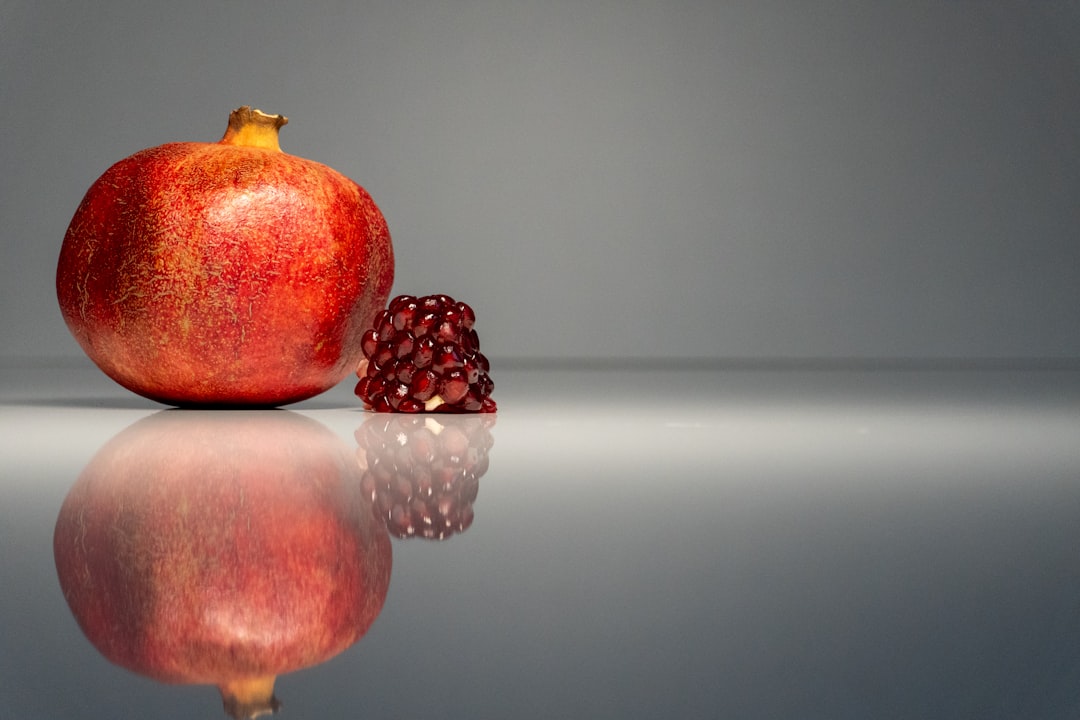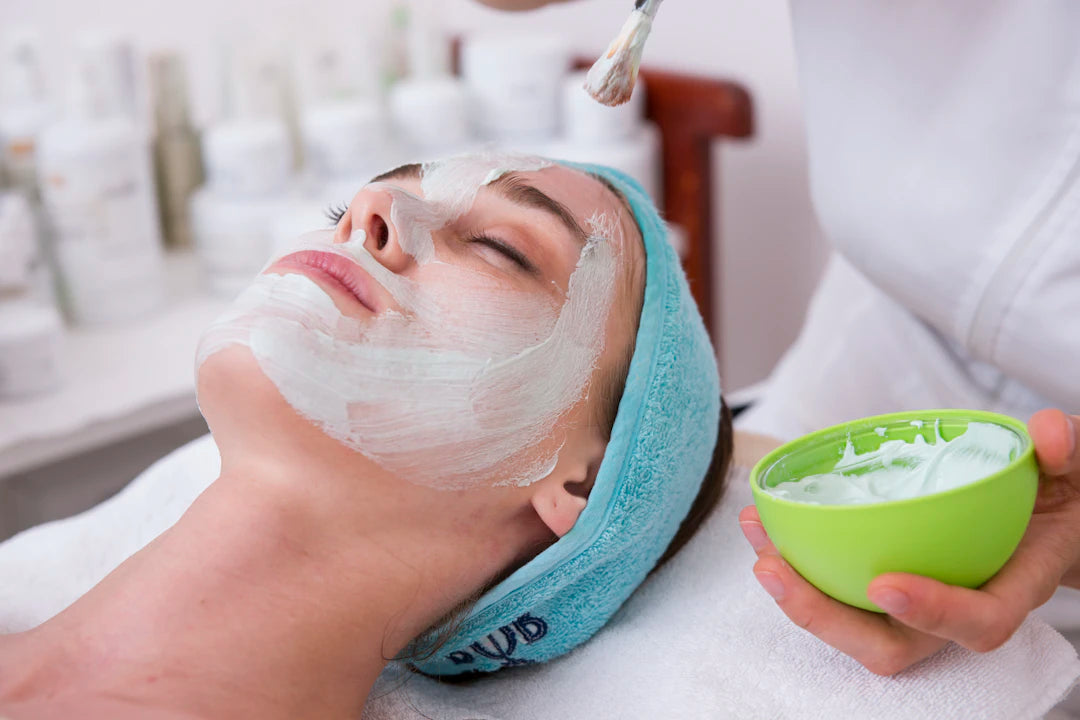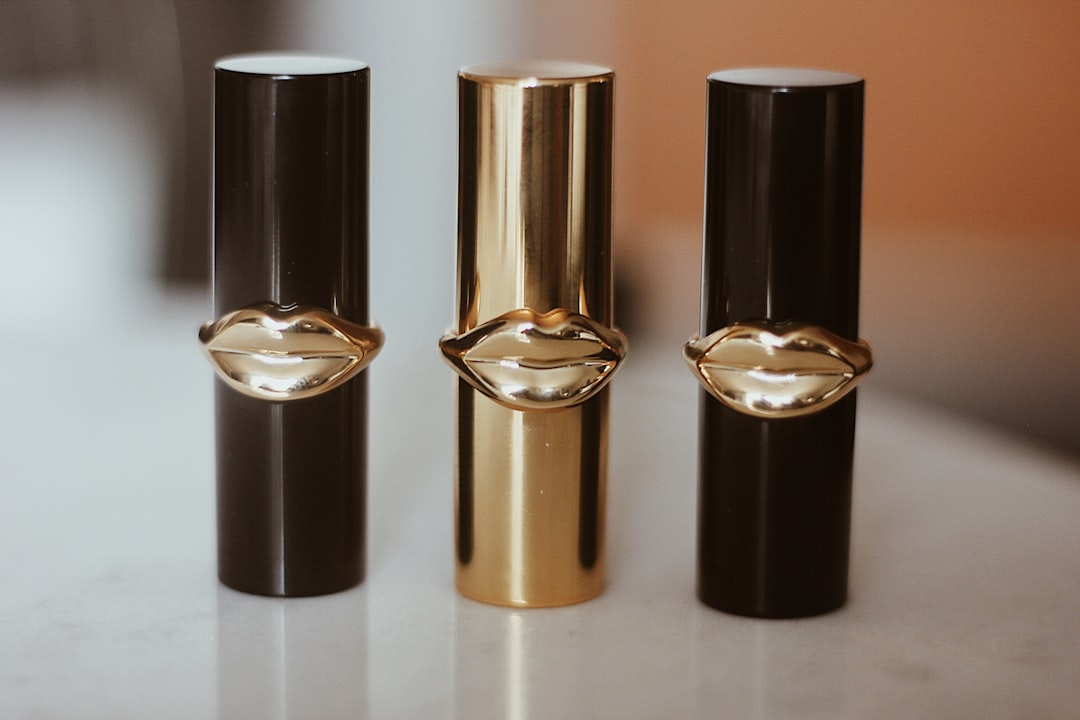Unlock Radiant Skin: The Impact of Sleep on Your Skin Health

When it comes to skincare, we often focus on the products we use, the routines we follow, and the ingredients we apply. However, one critical factor that is sometimes overlooked is the quality of our sleep. As it turns out, sleep plays an essential role in maintaining healthy skin. In this article, we will explore how sleep affects your skin, the science behind it, and practical tips to enhance your sleep for ultimate skin benefits.
The Science of Sleep and Skin
Sleep is not just a time for rest; it's a vital period during which the body undergoes crucial healing and restorative processes. When we sleep, our body works tirelessly to repair cells, including those in our skin. Hormones also regulate these processes, leading to various effects on our skin’s appearance and health.
1. Repair and Regeneration
During sleep, your skin enters a state of repair and regeneration. Human Growth Hormone (HGH) spikes during deep sleep, which is vital for skin cell regeneration. This means that the skin can heal from damage incurred throughout the day, such as environmental stressors and UV exposure. For those with seborrheic-prone skin treatment, adequate sleep may help minimize flare-ups and promote healing.
2. Blood Flow and Nutrient Delivery
Another fascinating aspect of sleep is the increase in blood flow that occurs during the night. Increased circulation helps deliver essential nutrients and oxygen to the skin, contributing to a radiant complexion. Poor sleep can lead to a decrease in this essential process, making your skin appear dull and tired.
How Sleep Deprivation Affects Your Skin
Now that we understand the importance of sleep, let's look at the consequences of sleep deprivation on our skin.
1. Increased Inflammation
When we don’t get enough sleep, our bodies produce higher levels of the stress hormone cortisol. Elevated cortisol can lead to inflammation, which may exacerbate skin conditions like acne and eczema. For those seeking effective seborrheic-prone skin treatment, managing stress through better sleep can be a game-changer.
2. Premature Aging
Lack of restful sleep can accelerate the signs of aging. As we age, our skin produces less collagen, leading to wrinkles and sagging. Sleep deprivation can further decrease collagen production and reduce skin elasticity, making fine lines and wrinkles more noticeable. This is where it becomes crucial to focus on anti-aging strategies that incorporate sufficient sleep in your skin care routine.
3. Dark Circles and Puffiness
One of the most visible effects of sleep deprivation is the appearance of dark circles and puffiness under the eyes. When we are tired, blood vessels dilate and can create a bluish tint, leading to a tired appearance. Regular sleep can help you achieve not only a rested look but also promote overall skin health.
Optimizing Your Sleep for Better Skin
Knowing how sleep affects the skin is one thing, but how can we optimize our sleep to promote healthier skin? Here are some practical tips:
1. Maintain a Sleep Schedule
Our bodies thrive on routine. Go to bed and wake up at the same time every day, even on weekends, to help regulate your internal clock. Consistent sleep habits can improve sleep quality, making the skin more resilient.
2. Create a Relaxing Sleep Environment
Your bedroom should be a sanctuary for rest. Keep the room dark, quiet, and cool. Use comfortable bedding and consider investing in blackout curtains or a white noise machine if necessary. A cozy environment allows for deeper, more restful sleep.
3. Limit Screen Time Before Bed
Blue light emitted from screens can interfere with your natural sleep-wake cycle. Aim to turn off electronics at least an hour before bedtime and opt for calming activities instead, like reading or meditation. This practice can significantly improve the quality of sleep and thus benefit your skin.
4. Hydrate and Eat Wisely
Staying adequately hydrated is crucial for healthy skin. Drink plenty of water throughout the day, but avoid excessive liquids right before bedtime. Also, be mindful of your evening meals. Opt for light, nutritious snacks that promote sleep, such as almonds or bananas, rather than heavy, rich foods that can disrupt sleep.
5. Manage Stress
Stress plays a huge part in sleep quality and overall skin health. Incorporate relaxation techniques such as yoga, deep-breathing exercises, or mindfulness meditation into your daily routine. Managing stress not only improves sleep but can also lead to healthier skin.
Combining Sleep with Skincare Routines
A great skincare routine can enhance the benefits of sleep for your skin. Here are some additional tips:
1. Night Creams
Consider using a specialized nighttime cream that targets anti-wrinkles and skin tightening while you sleep. Night creams often contain higher concentrations of active ingredients which can be absorbed effectively while you rest, maximizing their benefits.
2. Hydrating Masks
Adding a hydrating mask to your skin care routine a few times a week can provide added moisture and nourishment while you sleep. Look for masks that target issues like dryness and signs of aging to complement your nighttime rest.
3. Cleanse Before Bed
Always cleanse your skin before bed to remove dirt, oil, and makeup that can clog pores and lead to breakouts. A clean slate allows your skin to breathe and soak in the products you apply afterward, providing the best results.
The Broader Picture
Sleep is essential not just for your well-being but also for your skin’s vitality. Whether you struggle with signs of aging or are seeking effective seborrheic-prone skin treatment, the importance of a good night's sleep cannot be overstated. It acts as a natural foundation for vibrant, healthy skin.
Incorporating proper sleep hygiene practices into your daily life, along with a trustworthy skin care routine, can lead to impressive improvements in your skin’s appearance and overall health. By prioritizing sleep, you essentially give your skin the opportunity to heal, rejuvenate, and thrive.
Your Path to Glow: Embrace Rest for Radiant Skin
Remember, achieving glowing, healthy skin is a multifaceted approach. Prioritize sleep just as much as your skincare rituals, and you'll discover the remarkable benefits it brings to your skin. Start tonight; your skin will thank you for it tomorrow!


